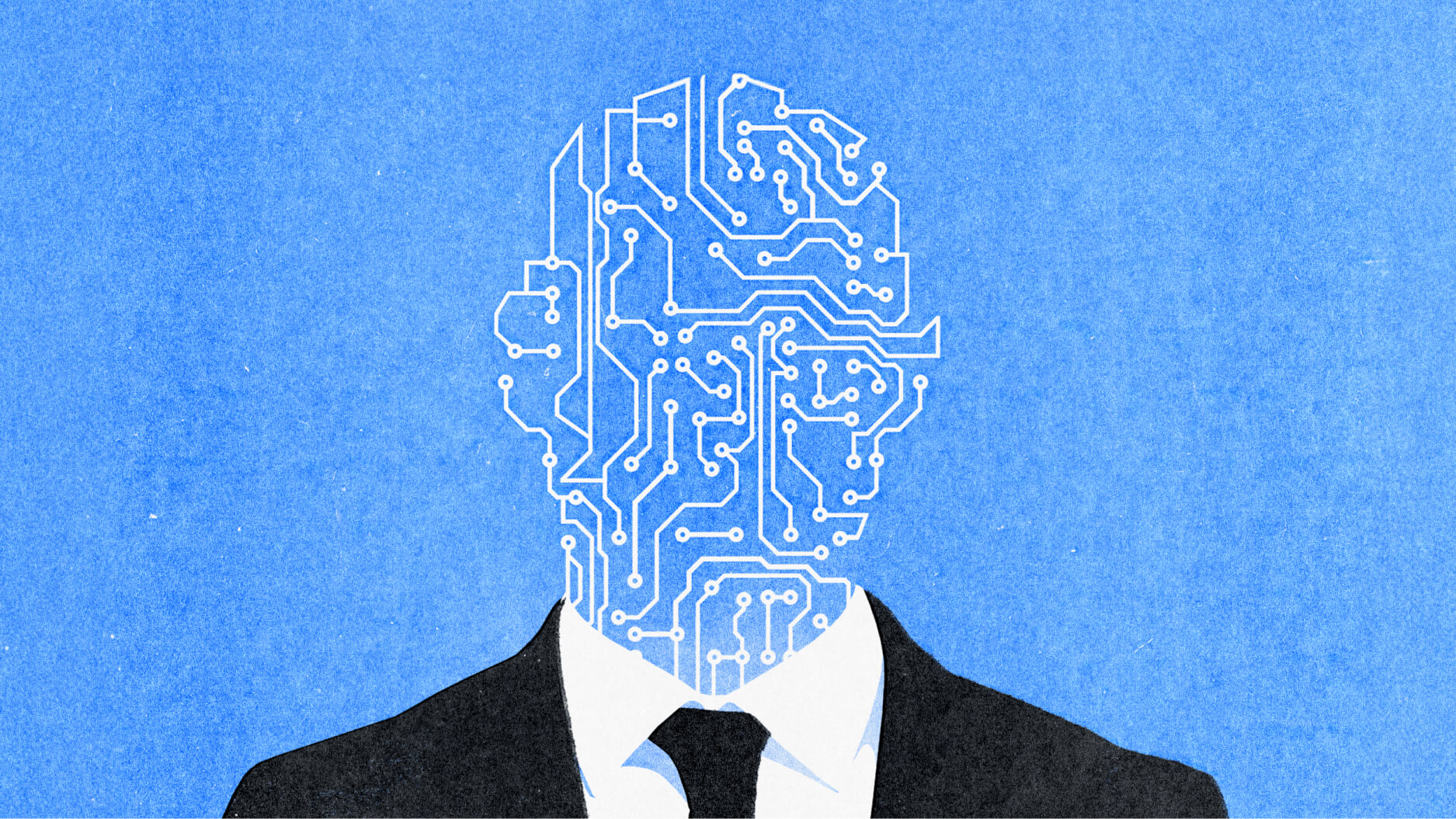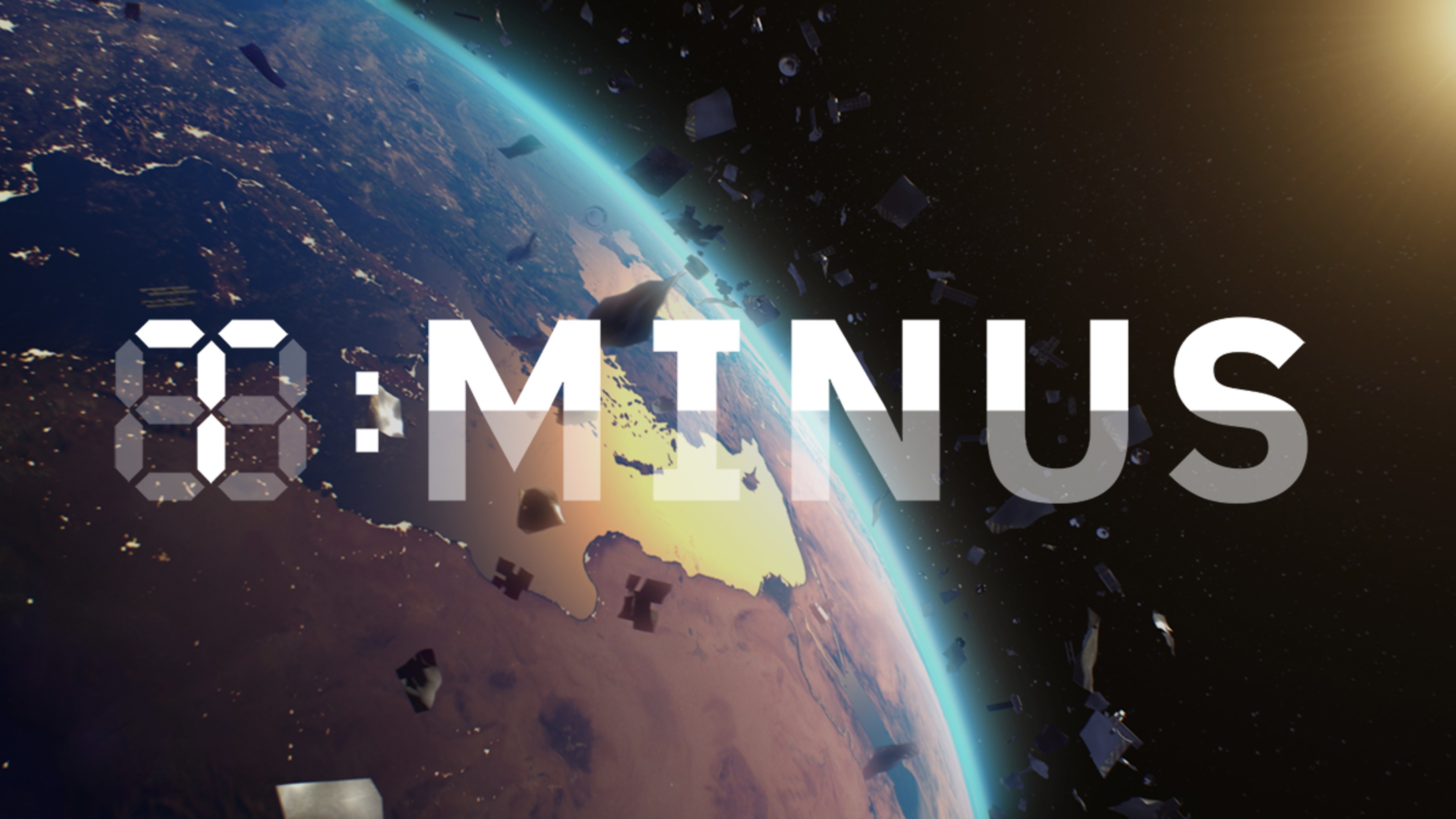The Future
All Stories
Tech leaders may have backed Trump in 2024, but the majority of the community still leans left — and has a big opportunity ahead.
AI can now generate entire worlds from text prompts. What does this mean for how we think, create, and connect?
There are two sides to the AI debate, and both are perpetuating the idea that AI is “inevitable, all-powerful, and deserves to be controlled by a tiny group of people,” says the Empire of AI author.
The case for robotaxis on the water.
An introduction to “The Engine of Progress” from Jason Crawford, founder of the Roots of Progress Institute.
Real progress demands rules built for uncertainty — not for the few innovations dominating today’s tech landscape.
To turn technical breakthroughs into real-world change, AI must overcome the friction of politics, policy, and human institutions.
Barriers to energy abundance — and how to overcome them — were front and center at Progress Conference 2025.
With new labs, funding models, and institutions, metascience is reinventing the machinery of discovery.
Government-spec’d glory projects produce tech demos. Enduring progress demands a better way forward.
The case that a bipartisan movement structured around progress and reform may be reaching critical mass.
Rivals may try to outnumber us with fleets of cheap vessels. Our path is to out-innovate them.
A look at how criminals are using unrestricted chatbots and how cyber defenders are fighting back.
A firsthand look at China’s material progress and clean-tech revolution — and what could happen if we let an authoritarian state steer AI’s future.
“We are racing towards a new era in which we outsource cognitive abilities that are central to our identity as thinking beings,” writes computer scientist Louis Rosenberg.
The platform is a digital Royal Society for today’s greatest minds — and it could play an essential role in shaping the next civilization.
Trump may make America great again — just not in the way he had intended.
Surprisingly, multimodal large language models struggle to read time on analog clocks.
One of the most original and optimistic thinkers in America sketches some big ideas about what’s possible with AI in the next 25 years.
Most people think that writing fantasy or science-fiction requires a strong imagination. Podcast host Mike Duncan shows a knowledge of real-world history is just as important.
The latest from Peter Leyden’s “The Great Progression: 2025 to 2050”, an essay series published by Freethink.
Tech expert Peter Leyden argues that we have a historic opportunity to harness AI and other transformative technologies in order to make a much better world over the next 25 years.
Cognitive neuroscientist and AI researcher Christopher Summerfield explores the differences, and similarities, of how AI and humans make meaning of the world.
Conversational AI agents will have a major advantage over human salespeople.
“Technology has always been co-opted for war, but truly intelligent AI, let alone a superintelligence, is a different beast entirely.”
Other plans for the tech: organ banking and deep space travel.
“Mainstream computing will start to shift from a race to develop increasingly powerful tools to a race to develop increasingly powerful abilities.”
“You’ll be able to fly twice as fast as a Boeing or Airbus, and it’ll be like the cost of flying business today.”
Experts answer 10 big questions about the nightmare scenario that could send us back to the pre-Space Age.
“Neurotech is not just about the brain,” says Synchron CTO Riki Banerjee, explaining how their tech can help with paralysis, brain diseases, and beyond.





























